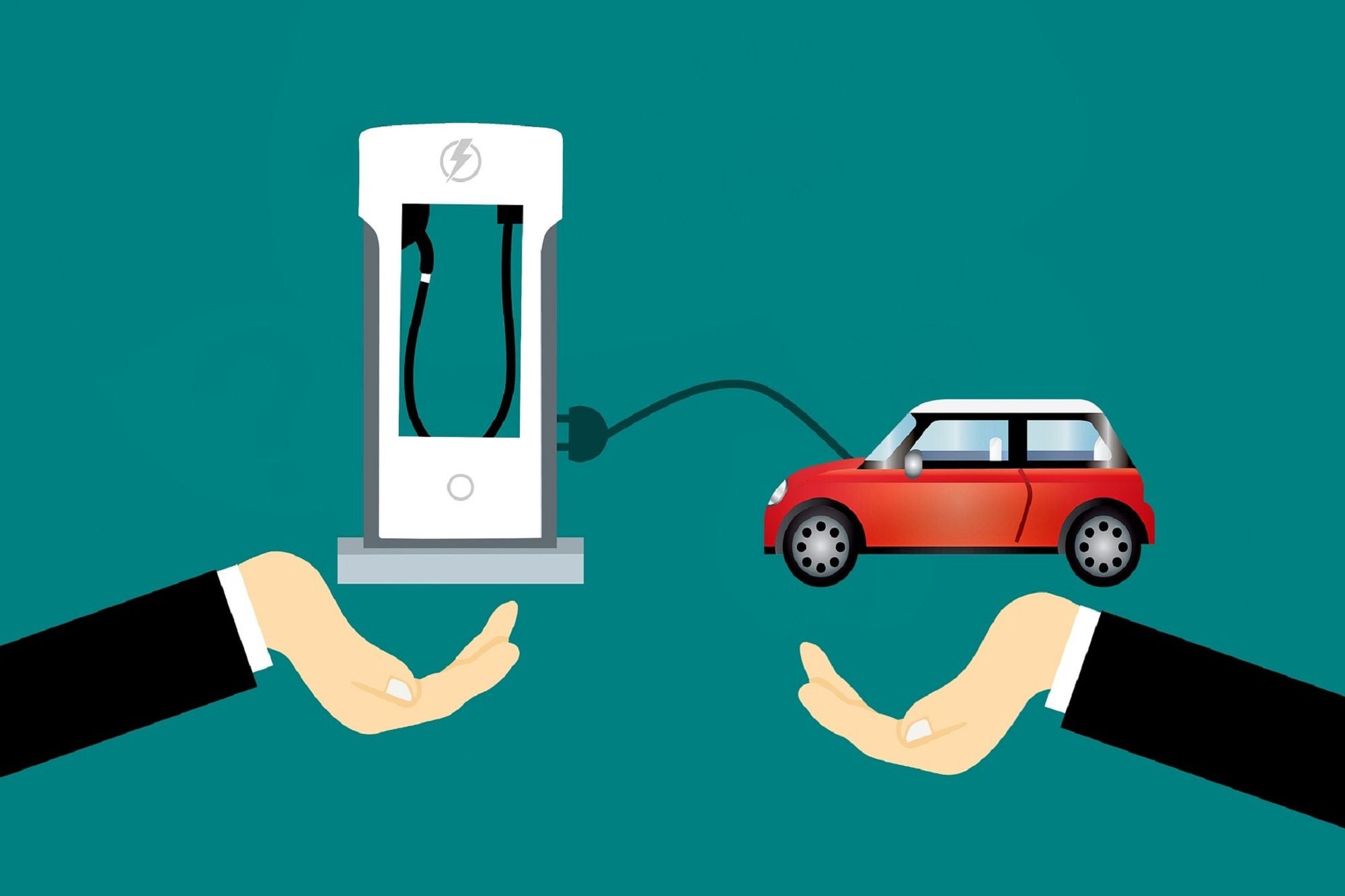#EVPush: Govt Contemplates Tough Measures to Discourage Production of ICE Vehicles As auto industry resists the EV push, govt plans to make emission standards stringent
You're reading Entrepreneur India, an international franchise of Entrepreneur Media.

Americans have used the tactic, so have the Europeans and the Chinese. India is likely the next in line to use the carrot & stick theory to push the nation towards greener vehicles. After facing severe resistance from the auto industry on NITI Aayog's proposal of selling only electric vehicles post-2030, discouraging the production of petrol and diesel powered vehicles is the trigger for the Indian government.
Limiting the Carbon Emission
According to media reports, the authorities are planning to take tough measures to shift the focus towards EVs. Making emission standards stringent is one of the strategies the government could plan to discourage Internal Combustion Engines (ICEs). One of the options is to impose the Corporate Average Fuel Economy (CAFE) standards that were used in the United States.
Carbon emission targets might limit vehicle emission intensity produced by each automaker to ensure all vehicle models produced under the name meet the permitted emission levels. Such measures are poised to increase the cost of traditional ICE engine vehicles and ultimately, contribute to giving a boost to electric vehicle sales.
Pay the Price Strategy
With the strategy of "polluter pays price', the government could increase the taxes on ICE vehicles, making them less attractive for purchase. The money raised could then be used for incentivizing the EV space. In a recent meeting with the head of two and three-wheeler EV companies and asked them to come up with concrete steps towards the transition to electric mobility.
According to reports, in order to further boost the EV space, the government is brainstorming on cutting the goods and services tax (GST) on electric vehicles to 5 per cent from 12 per cent. Reduced taxes are also expected to encourage global manufacturers to invest in India's mushrooming e-mobility space for bringing down the pollution levels.
The Little Context
Seeking faster adoption of e-mobility, the Indian government's think tank, NITI Aayog proposed the sale of only electric vehicles post 2030 in a Cabinet note last week. The Ministry of Road Transport and Highways has proposed to prepare a framework to phase out the sale of diesel and petrol vehicles by 2030.
Automobile giants including the likes of TVS, Hero MotoCorp and Bajaj Auto raised concerns transition whereas industry bodies like the Confederation of Indian Industry (CII) and the Society of Indian Automobile Manufacturers (SIAM) have said that the government is making a hasty decision.










